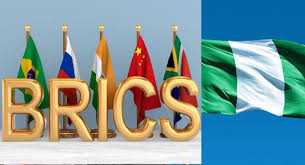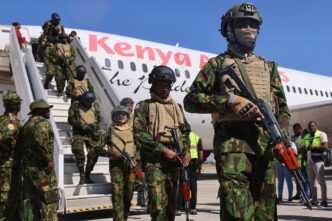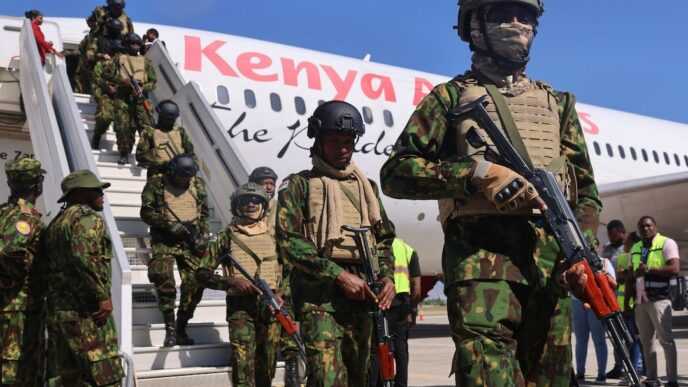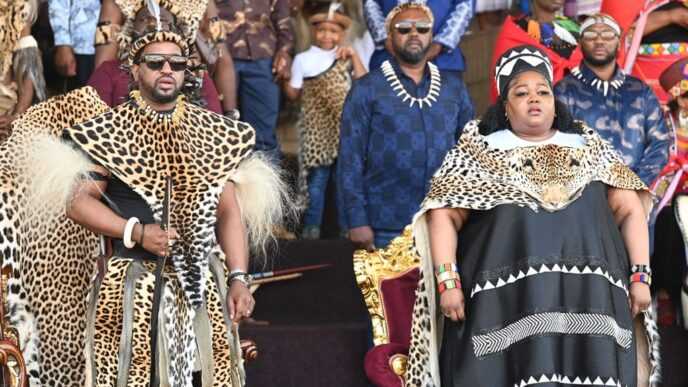In a significant development for the African continent, Nigeria has been officially admitted as a partner country to the BRICS bloc. This inclusion underscores Nigeria’s strategic importance and is poised to bolster Africa’s influence in global economic affairs.
BRICS, an acronym for Brazil, Russia, India, China, and South Africa, was established to provide a counterbalance to the Group of Seven (G7) industrialized nations. The bloc aims to foster cooperation among emerging economies and advocate for reforms in global governance structures.
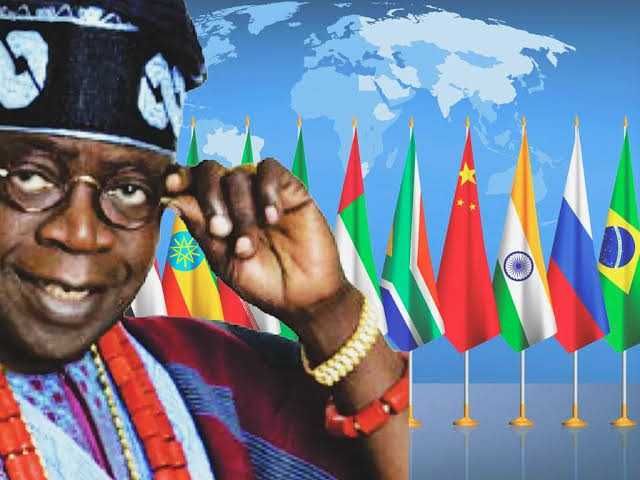
Nigeria’s inclusion as the ninth partner country is a testament to its significant economic stature and demographic prominence. With a population exceeding 200 million, Nigeria stands as Africa’s most populous nation and one of its largest economies. This move aligns with BRICS’ objective to strengthen South-South cooperation and promote a multipolar world order.
Brazil, currently holding the BRICS presidency, emphasized Nigeria’s active role in advocating for global governance reforms and its commitment to South-South collaboration. In a statement, Brazil highlighted Nigeria’s convergence of interests with existing BRICS members, particularly in areas such as economic development and geopolitical strategy.
The expansion of BRICS to include partner countries like Nigeria reflects the bloc’s strategy to enhance its global footprint. Other nations that have attained partner status include Belarus, Bolivia, Cuba, Kazakhstan, Malaysia, Thailand, Uganda, and Uzbekistan. This growing network signifies a collective effort to challenge traditional power structures and advocate for the interests of developing nations.
One of the critical initiatives under discussion within BRICS is the development of a payment system independent of the U.S. dollar. This proposal aims to reduce reliance on Western financial systems and mitigate vulnerabilities associated with currency fluctuations. However, such moves have elicited concerns from Western nations, with previous U.S. administrations expressing apprehension over potential challenges to dollar dominance.
Nigeria’s admission as a BRICS partner country marks a pivotal moment in its foreign policy and economic trajectory. This partnership is expected to open avenues for increased trade, investment, and diplomatic engagement, not only for Nigeria but for the African continent at large. As BRICS continues to evolve, the inclusion of nations like Nigeria will be instrumental in shaping a more equitable and representative global economic order.
